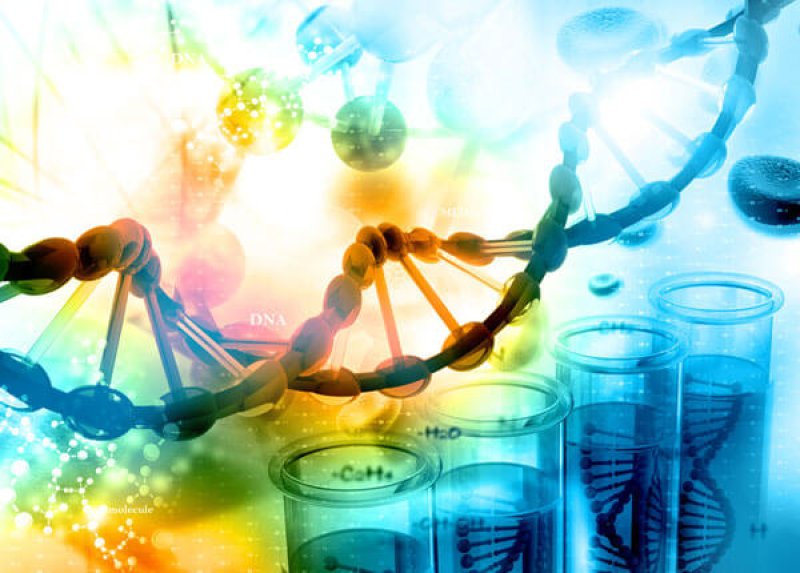Once a person is found to have a hereditary colorectal cancer syndrome, usually after a diagnosis of colorectal cancer, all members of the family can be offered genetic testing for the particular genetic mutation found in the person with cancer.
Research on how this works in practice has found that only about half (56%) of nearly 2,000 eligible family members underwent testing. Those untested were also less likely (compared to those tested) to undergo other forms of screening for colorectal cancer.
We know that for most people who have predictive genetic testing, the process is psychologically beneficial and improves their risk perception.
[Research] found similarly low rates of uptake for hereditary breast cancer. [C]ommunity understanding of predictive genetic testing is poor in some groups, and second, the value assigned to this testing is far lower than the hype around genetic discoveries would suggest.Third, it reveals that significant structural barriers stand in the way of genetic testing, particularly the concern life insurance companies can use genetic test information to refuse cover or adjust premiums.
If genetic tests are going to fulfil their promise of contributing to cancer prevention, they need to be seen as something of value, and they need to reach everybody in the community, not just a select few.
The GLP aggregated and excerpted this blog/article to reflect the diversity of news, opinion, and analysis. Read full, original post: Why it might be time to reconsider the money spent on genetics research































